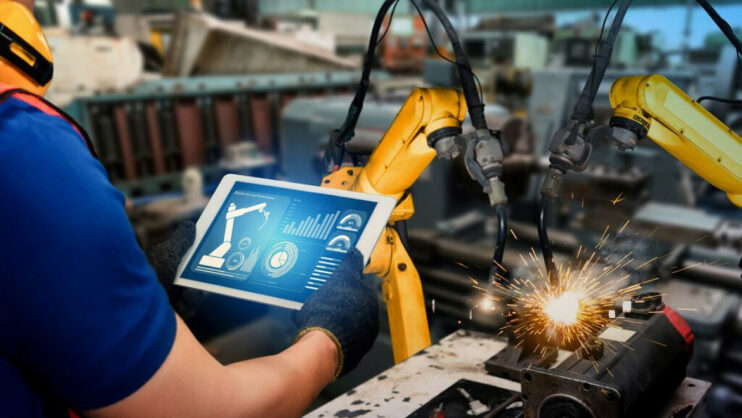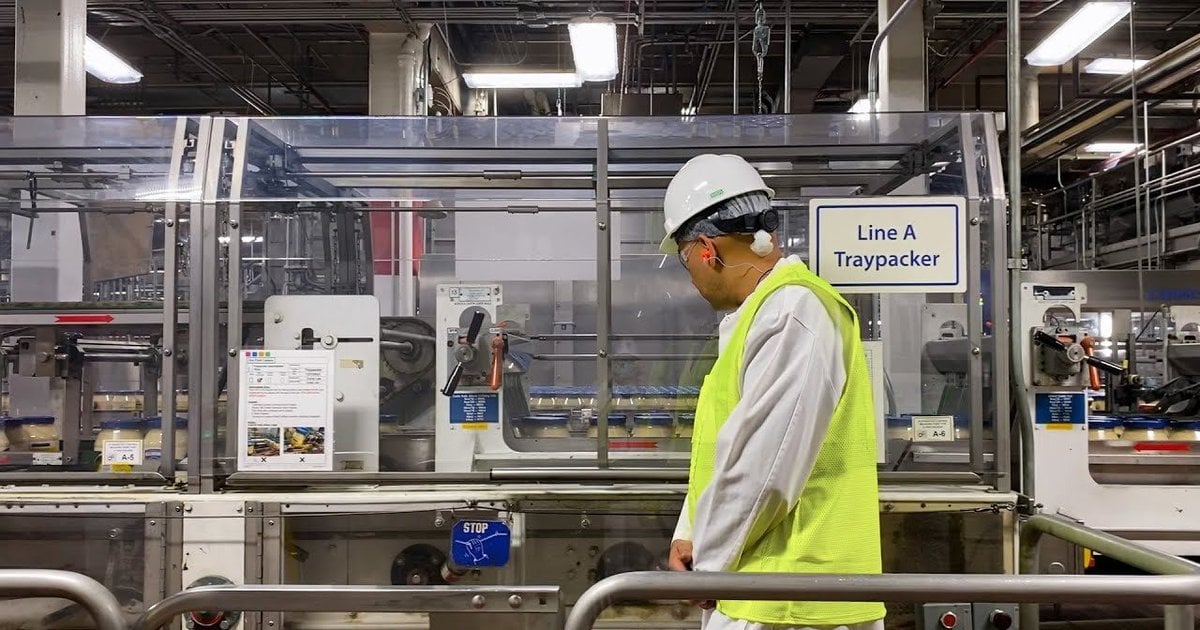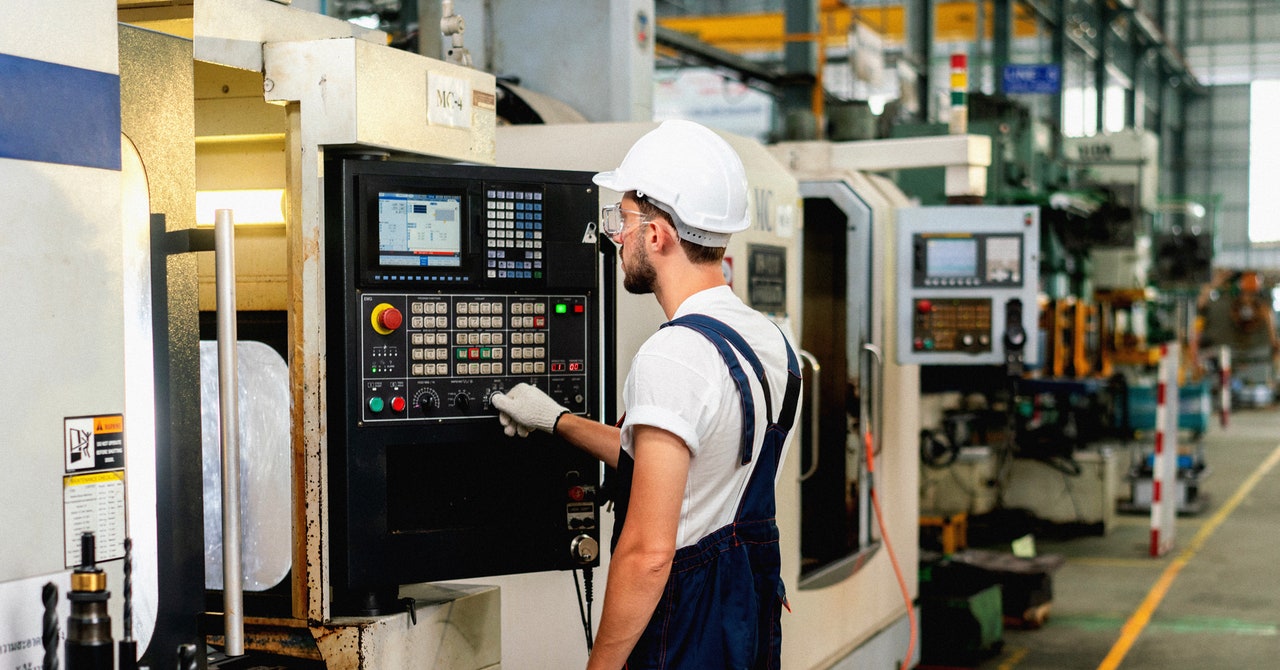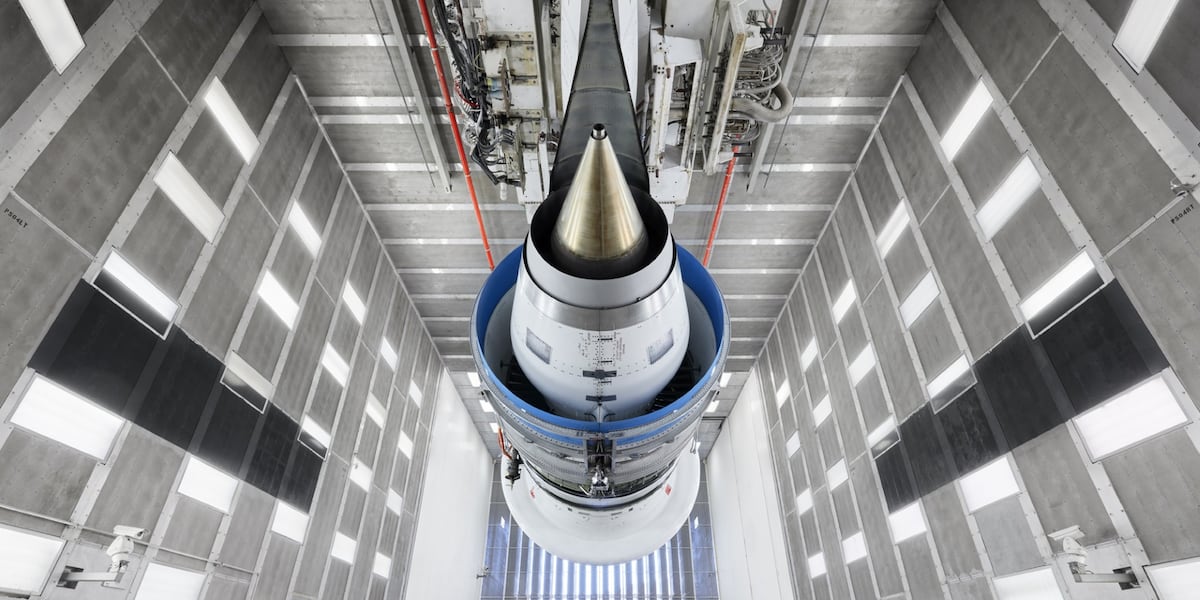Robots on the Factory Floor: Are Human Workers Becoming Obsolete?
Manufacturing
2025-03-31 15:07:00Content

In the rapidly evolving landscape of workplace technology, employee skepticism towards artificial intelligence is understandable. However, it's crucial to recognize that AI integration can be a powerful ally in transforming workplace efficiency. By strategically incorporating AI tools into existing workflows, organizations can unlock unprecedented levels of productivity and liberate employees from repetitive, time-consuming manual tasks.
Far from replacing human talent, AI serves as a collaborative tool that empowers workers to focus on more creative, strategic, and high-value activities. The key lies in viewing AI not as a threat, but as a sophisticated assistant that can streamline processes, reduce administrative burden, and ultimately enhance job satisfaction by eliminating mundane responsibilities.
As businesses continue to navigate the digital transformation, embracing AI with an open and strategic mindset will be essential for staying competitive and maximizing human potential in the modern workplace.
Revolutionizing Workplace Efficiency: The Transformative Power of Artificial Intelligence in Modern Organizations
In the rapidly evolving landscape of technological innovation, businesses are confronting a critical crossroads where human potential and artificial intelligence intersect. The workplace of tomorrow demands a nuanced understanding of how emerging technologies can complement human capabilities, creating unprecedented opportunities for organizational growth and individual professional development.Unleashing Productivity: AI's Potential to Redefine Workplace Dynamics
The Psychological Landscape of Technological Adaptation
Modern organizations are navigating a complex psychological terrain when introducing artificial intelligence. Employee skepticism is not merely a resistance to change but a profound reflection of deeper concerns about technological displacement. Successful AI integration requires a holistic approach that addresses these underlying anxieties, demonstrating how intelligent systems can serve as collaborative tools rather than replacement mechanisms. Psychological research reveals that workers who perceive AI as an empowering technology, rather than a threatening force, are more likely to embrace technological transformation. Companies must invest in comprehensive communication strategies that transparently illustrate the symbiotic relationship between human creativity and machine efficiency.Workflow Optimization through Intelligent Automation
Artificial intelligence represents a paradigm shift in operational efficiency, offering unprecedented capabilities to streamline complex organizational processes. By intelligently analyzing repetitive tasks, AI systems can identify optimization opportunities that human analysts might overlook, creating more dynamic and responsive workflow architectures. The elimination of time-consuming manual processes allows professionals to redirect their cognitive resources toward strategic thinking, innovation, and creative problem-solving. This fundamental reallocation of human potential transforms organizational productivity, enabling teams to focus on high-value activities that drive meaningful business outcomes.Ethical Considerations in AI Implementation
As organizations embrace artificial intelligence, ethical frameworks become paramount in ensuring responsible technological integration. Transparent algorithms, robust privacy protections, and ongoing human oversight are critical components of a responsible AI strategy. Ethical AI implementation requires a multidisciplinary approach that balances technological innovation with human-centric values. Organizations must develop comprehensive governance models that prioritize fairness, accountability, and continuous learning, ensuring that intelligent systems remain aligned with broader societal and organizational objectives.Skill Development in the Age of Intelligent Technologies
The proliferation of artificial intelligence necessitates a fundamental reimagining of professional skill development. Workers must cultivate adaptive capabilities that complement machine intelligence, focusing on uniquely human attributes such as emotional intelligence, complex reasoning, and creative problem-solving. Forward-thinking organizations are investing in comprehensive training programs that equip employees with the skills necessary to collaborate effectively with intelligent systems. These initiatives go beyond technical training, emphasizing cognitive flexibility, critical thinking, and the ability to interpret and leverage AI-generated insights.Economic and Strategic Implications of AI Integration
The strategic adoption of artificial intelligence represents more than a technological upgrade—it is a fundamental economic transformation. Organizations that successfully integrate intelligent technologies can achieve significant competitive advantages, reducing operational costs while simultaneously enhancing innovation capabilities. Economic models increasingly recognize AI as a critical driver of productivity, with potential global economic impacts estimated in the trillions of dollars. By viewing artificial intelligence as a strategic asset rather than a mere technological tool, businesses can unlock unprecedented opportunities for growth and value creation.RELATED NEWS
Manufacturing

Manufacturing Revolution: Sitharaman Unveils Bold Reforms Strategy at Stanford, Calls for Economic Transformation
2025-04-22 09:02:48
Manufacturing

Inside Unilever's Chicago Powerhouse: Where Innovation Meets Manufacturing Grit
2025-03-19 12:32:31
Manufacturing

iPhone's India Surge: Apple Scales Production by 60%, Targets Massive $22B Export Milestone
2025-04-14 12:31:42





